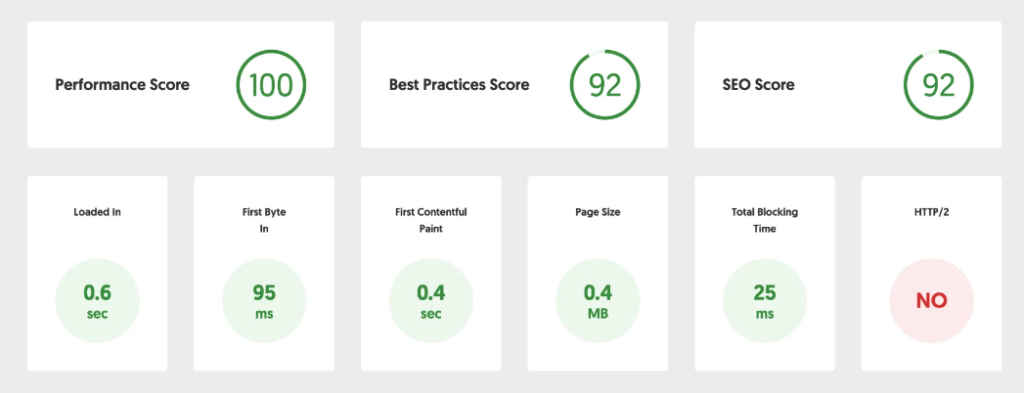Choose a domain name: Select a unique and relevant domain name that represents your brand or website. Ensure it’s easy to remember, type, and reflects your website’s purpose.

Determine your budget:
Determine the financial resources you’re willing to allocate for website development and hosting. Consider long-term costs, including domain registration fees and hosting renewals.

Define your website’s purpose:
Determine the goals and objectives of your website. Understand the type of content you’ll be hosting, whether it’s a blog, e-commerce store, portfolio, or informational site.

Select a hosting type:
Different types of hosting include shared hosting, virtual private server (VPS) hosting, dedicated hosting, and cloud hosting. Assess your website’s traffic, expected growth, and technical requirements to choose the most suitable option.

Evaluate hosting providers:
Research different hosting providers based on factors such as reliability, uptime guarantees, customer support, scalability, security measures, pricing, and user reviews. Popular hosting providers include Bluehost, SiteGround, HostGator, and AWS.

Consider server location:
If your target audience is primarily located in a specific region, it’s beneficial to choose a hosting provider with server locations in that area. This helps reduce latency and improve website loading speed for visitors.

Assess storage and bandwidth requirements:
Estimate the amount of storage space and monthly bandwidth needed for your website based on the anticipated traffic and content size. Ensure your hosting plan offers sufficient resources to accommodate your requirements.

Check performance and speed:
Look for hosting providers that offer optimized server configurations, content delivery networks (CDNs), caching mechanisms, and other performance-enhancing features. A fast-loading website improves user experience and search engine rankings.

Consider security features:
Verify that the hosting provider implements robust security measures, such as firewalls, SSL certificates, regular backups, and malware scanning. Ensure they offer sufficient protection against hacking attempts and data breaches.

Review scalability options:
If you anticipate website growth and increased traffic over time, choose a hosting provider that allows for easy scalability. This enables you to upgrade your hosting plan or switch to a more powerful server when needed.

Assess control panel and management tools:
Evaluate the hosting provider’s control panel interface and management tools. Ensure they offer user-friendly options to manage your website, domains, email accounts, databases, and other aspects of hosting.

Consider customer support:
Look for a hosting provider with reliable and responsive customer support. 24/7 availability through multiple channels, such as live chat, phone, and email, is essential for resolving any technical issues that may arise.

Back up your website:
Regardless of the hosting provider you choose, it’s crucial to regularly back up your website’s files and databases. This ensures you have a copy of your data in case of unforeseen events or accidental data loss.

Remember to research and compare different hosting providers to find the one that best suits your needs and offers the required features, performance, security, and support.